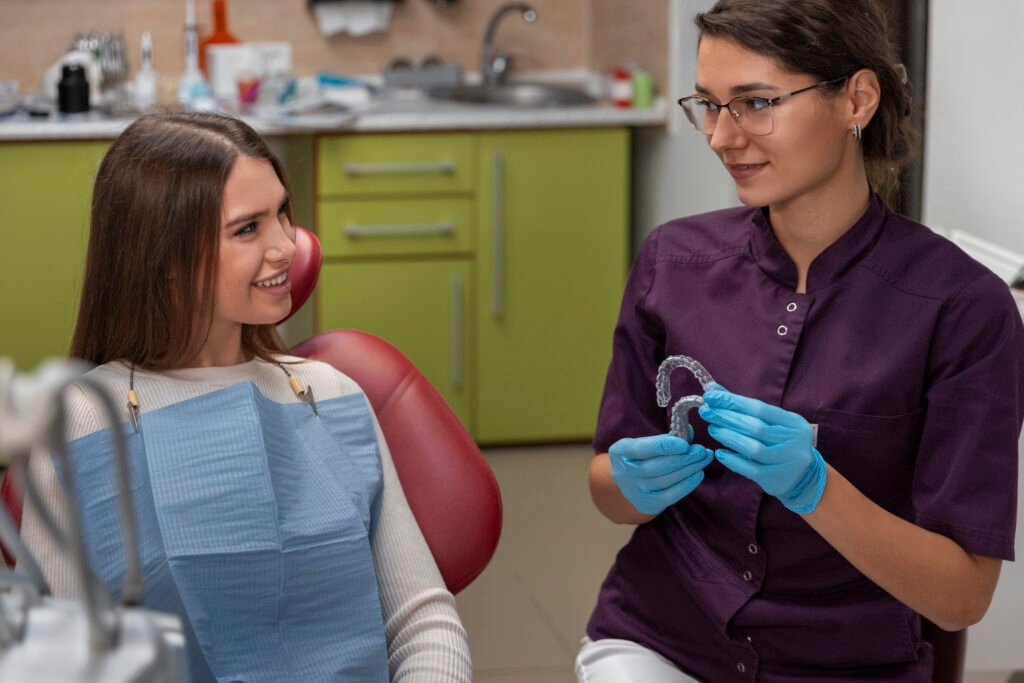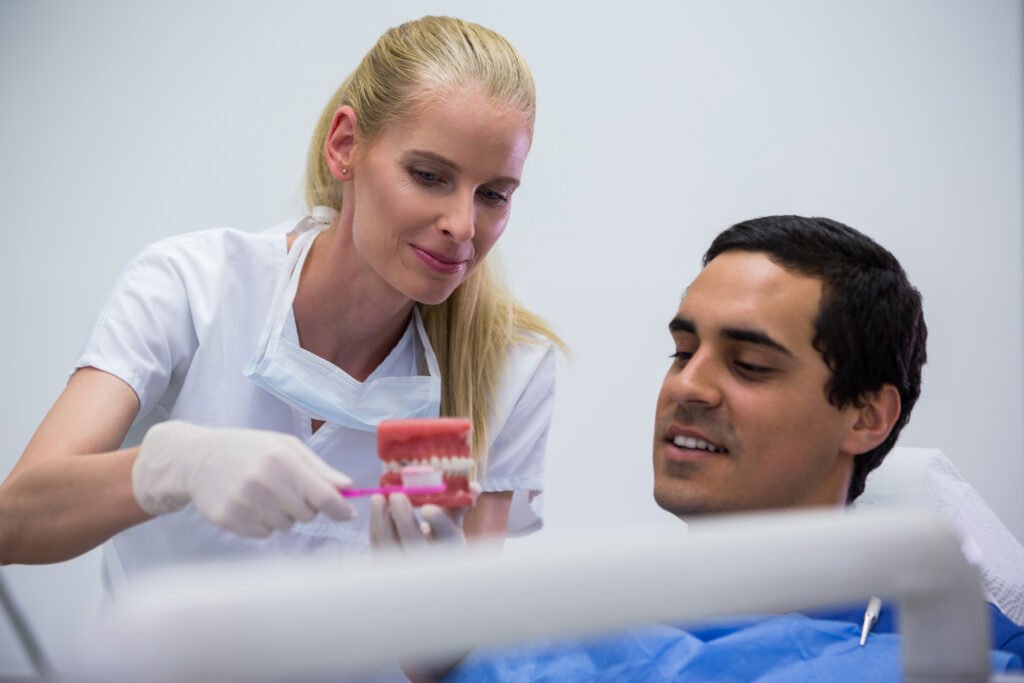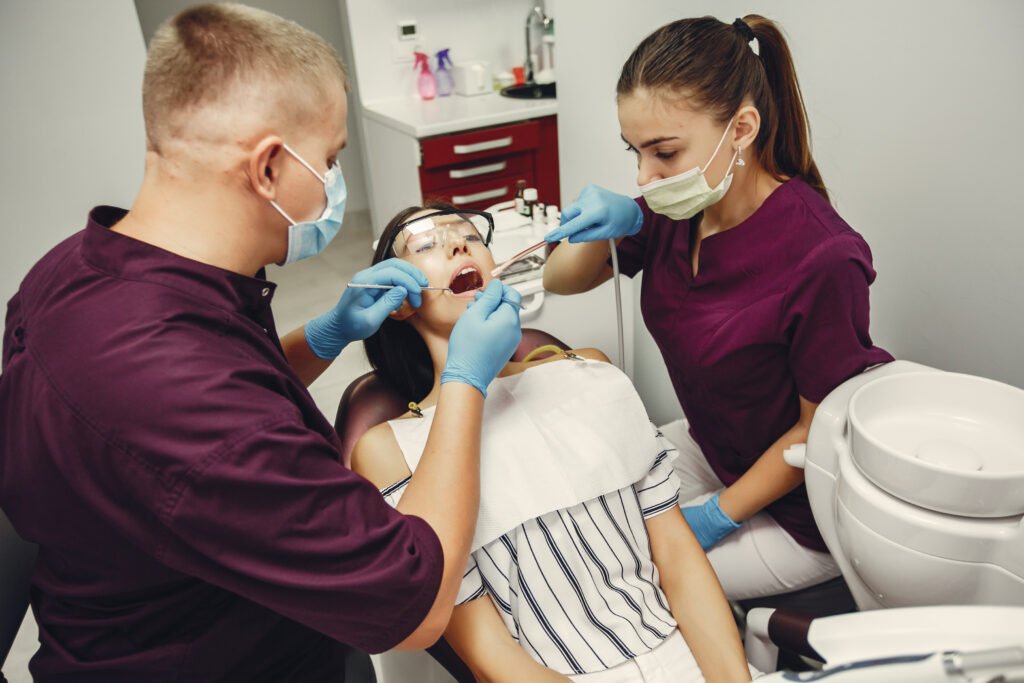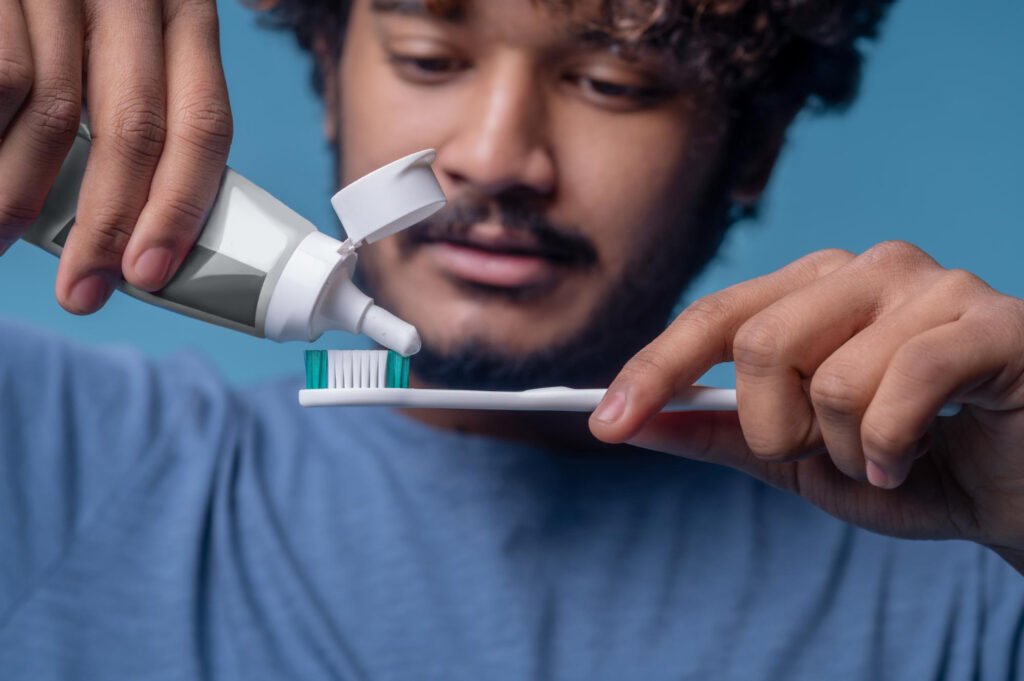+91 6363939739
Mon-fri: 9am-7pm ; Sat-9am to 5pm ; Sun- emergency only
Locate Us
Contact Us
Bad Breath Treatment – Freshen Your Smile & Confidence

Talk to a Dentist Now!
Table of Contents
Introduction to Bad Breath (Halitosis)
Causes of Bad Breath
Why Treat Bad Breath Early?
Signs You May Need Professional Treatment
Bad Breath Treatment Options
Step 1: Consultation & Oral Examination
Step 2: Identifying the Underlying Cause
Step 3: Professional Cleaning & Therapy
Step 4: Maintenance & Oral Hygiene Guidance
Ideal Candidates for Bad Breath Treatment
Preventive Measures to Avoid Bad Breath
Cost of Bad Breath Treatment
Why Choose Fab Dental for Bad Breath Treatment?
FAQs
Introduction to Bad Breath (Halitosis)
Bad breath, medically known as halitosis, is an oral condition that can affect personal confidence and social interactions. Persistent bad breath is usually caused by bacteria in the mouth, poor oral hygiene, gum disease, or underlying health issues. At Fab Dental, we provide specialized treatments to eliminate bad breath and help you maintain a fresh, healthy smile.
Causes of Bad Breath
Bad breath can result from a variety of factors:
Poor oral hygiene leading to plaque and tartar buildup
Gum disease or infections
Tongue coating due to bacteria and food debris
Dry mouth (xerostomia)
Tooth decay or cavities
Certain foods such as garlic, onion, and spices
Medical conditions like diabetes, respiratory infections, or acid reflux
Why Treat Bad Breath Early?
Leaving bad breath untreated can lead to:
Persistent social embarrassment and reduced confidence
Gum disease or oral infections
Worsening of dental problems like cavities or tartar buildup
Underlying systemic health issues going undiagnosed
Early intervention ensures both oral and overall health improvement.
Signs You May Need Professional Treatment
Persistent unpleasant odor even after brushing or mouthwash use
Coated tongue or thick saliva
Gum inflammation or bleeding
Dry mouth or persistent bad taste
Recurrent cavities or tooth decay
Bad Breath Treatment Options

Step 1: Consultation & Oral Examination
A dental professional evaluates your oral health, identifies areas of concern, and conducts diagnostic tests if needed.

Step 2: Identifying the Underlying Cause
Determining whether bad breath stems from gum disease, cavities, tongue coating, or systemic health issues is crucial for effective treatment.

Step 3: Professional Cleaning & Therapy
Treatment may include:
Teeth cleaning to remove plaque and tartar
Gum therapy to treat infections
Tongue cleaning to remove bacterial coating
Addressing cavities, dental restorations, or oral lesions

Step 4: Maintenance & Oral Hygiene Guidance
Our experts provide personalized oral hygiene instructions, including brushing techniques, flossing, tongue cleaning, and diet modifications to prevent recurrence.
Preventive Measures to Avoid Bad Breath
Brush twice daily and floss regularly
Clean your tongue gently with a scraper
Stay hydrated to prevent dry mouth
Avoid smoking and limit foods with strong odors
Regular dental checkups every 6 months
Use mouthwash recommended by your dentist
Cost of Bad Breath Treatment
The cost of treatment varies depending on the underlying cause and severity. At Fab Dental, we provide transparent pricing, customized treatment plans, and cost-effective solutions for all patients seeking fresher breath and better oral health.
Why Choose Fab Dental for Bad Breath Treatment?
Experienced dental professionals specializing in oral hygiene and cosmetic treatments
Comprehensive evaluation to address the root cause of bad breath
Personalized treatment plans for long-lasting results
Advanced cleaning tools and techniques for effective results
Multiple clinic locations across India for easy access
Affordable pricing with flexible payment options
Frequently Asked Questions
Q1: Is bad breath treatment painful?
A: Most treatments are non-invasive and painless. Mild discomfort may occur during gum therapy or deep cleaning, but it is temporary.
Q2: How long does it take to see results?
A: Depending on the underlying cause, improvement can be noticed immediately after cleaning or within a few days following treatment and adherence to oral hygiene guidance.
Q3: Can bad breath return after treatment?
A: Yes, if oral hygiene is not maintained or underlying health conditions persist. Regular dental checkups help prevent recurrence.
Q4: Are home remedies effective for bad breath?
A: While home remedies like mouthwash or tongue scrapers provide temporary relief, professional evaluation ensures long-term elimination of bad breath.
Q5: Is bad breath a sign of serious health issues?
A: Persistent bad breath may indicate gum disease, cavities, or systemic conditions like diabetes. It is essential to seek professional assessment for accurate diagnosis.
